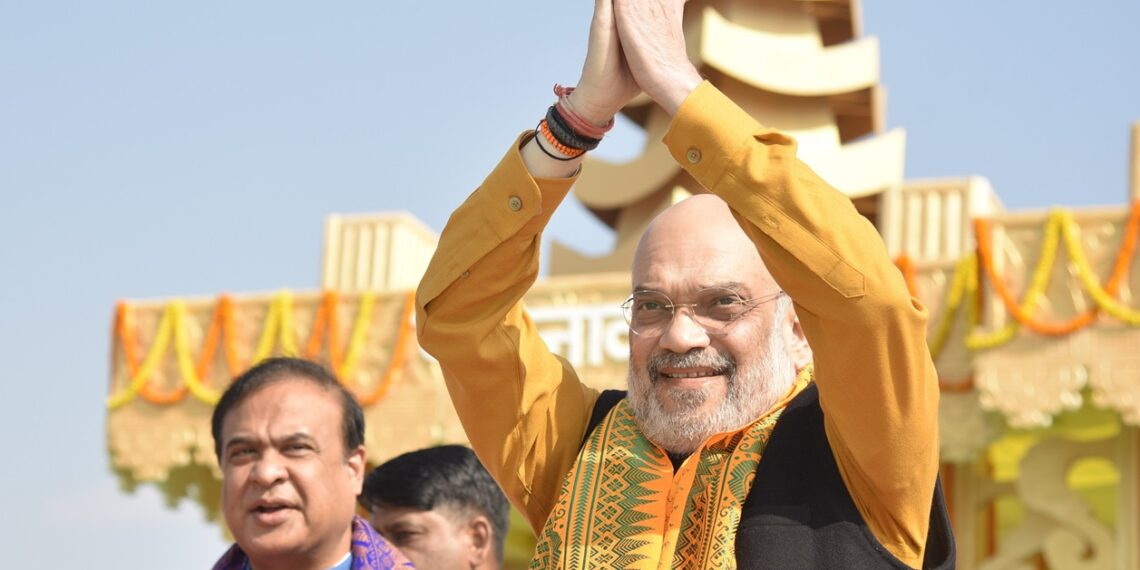The contentious Citizenship Amendment Act (CAA) will be implemented in the country ahead of the upcoming Lok Sabha polls, the Centre said on Saturday.
Union Home Minister Amit Shah, while addressing a global economic summit at Taj Palace in New Delhi, said that its implementation will set the ball rolling for granting of Indian nationality to eligible beneficiaries.
“The CAA is a law of the country, and its notification will definitely be issued. It will be issued before the polls. The CAA will be implemented before the elections. No one should have any confusion about it,” a national news agency quoted Shah as saying.
The CAA, a contentious legislation introduced by the Narendra Modi government, aims to provide Indian citizenship to persecuted non-Muslim migrants, including Hindus, Sikhs, Jains, Buddhists, Parsis, and Christians, from Bangladesh, Pakistan, and Afghanistan who arrived in India before December 31, 2014.
ALSO READ Northeast students’ body observes ‘Black Day’ against Citizenship Act across region
“CAA can’t snatch anyone’s citizenship as the law does not have that provision. CAA has been enacted to give citizenship to those people who have come from Bangladesh and Pakistan after facing religious persecution. No one should oppose this law,” Shah was further quoted as saying.
CAA, passed by Parliament in 2019, had triggered strong resistance in the Northeast, primarily due to concerns regarding its potential impact on the region’s demographics and cultural identity.
In the weeks following the passage of the Act, the Northeastern states witnessed widespread protests spearheaded by student and civil bodies.
Notably, these protests in Assam resulted in at least five casualties, accompanied by widespread violence and the imposition of curfews for several days.
However, the momentum of these demonstrations waned with the onset of the COVID-19 pandemic in 2020.
Earlier in 2023, the North East Students’ Organisation (NESO) designated December 11 as a “Black Day,” symbolising their unwavering opposition to the Act.
Representing eight major student bodies in the region, including the All Assam Students’ Union (AASU) and the Khasi Students Union (KSU), among others, NESO coordinated various activities across states to voice their dissent.















